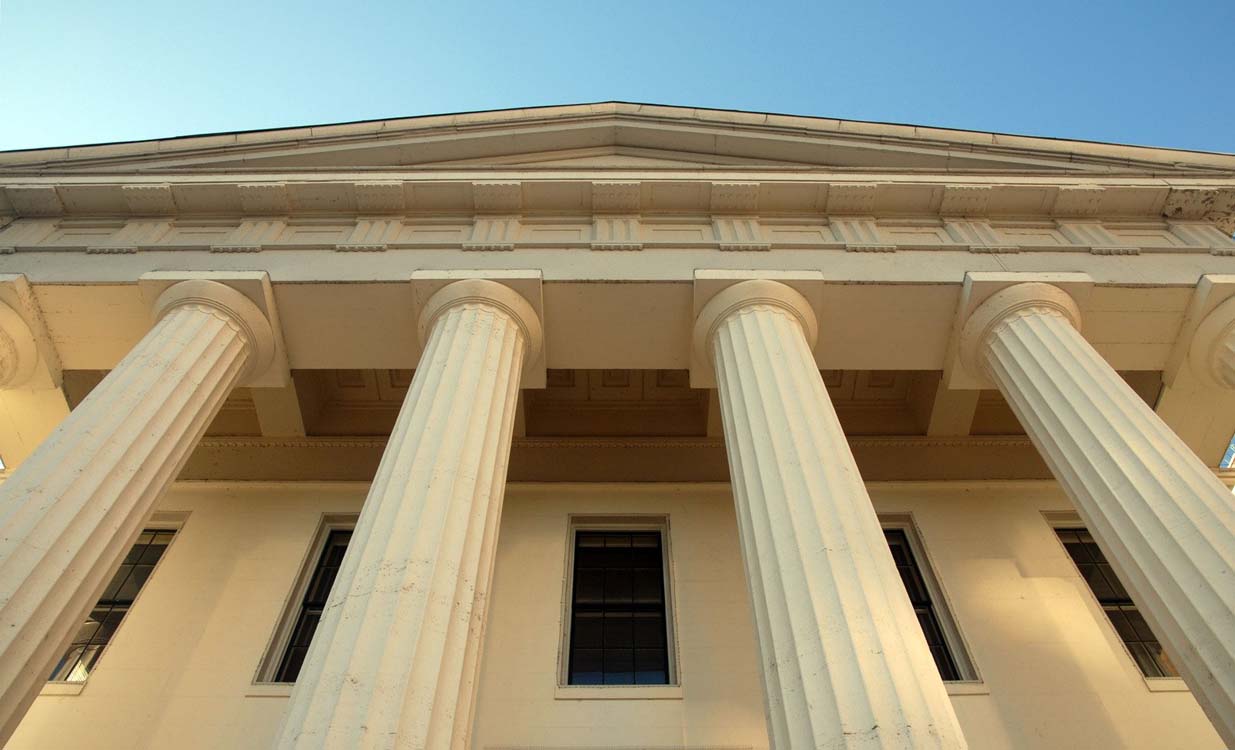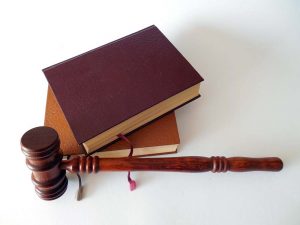A lecture by Judge Malcolm Simmons, Male, Maldives 2017
Section 79 of the Criminal Procedure Act provides that if investigation authorities receive information that a threat has been made to the “life, property or family of a witness”, the authority shall not disclose the identity of the witness. Information relating to the witness shall be treated as confidential/classified and transmitted confidentially.
Section 149 (a) of the Act provides that the court has a discretion “to take witness testimony in a way which shall protect the witness”.
Subsection (a) is qualified by subsection (b) that provides “Anyone who wishes to take testimony as stated in subsection (a) shall apply pursuant to section 119 of this Act before the commencement of the trial.” This would suggest only a party to the proceedings may apply.
The Section does permit the court of its own motion to make a protection order. It appears from Section 149 (b) that the discretion may be exercised on the application of a party to the proceedings. Further, there is no explicit provision for the witness him/herself to make an application to the court. This seems to be confirmed by the reference in Section 149 (b) to “take” testimony.
Any witness wishing to have protected measures should therefore ask the party calling him/her to make the necessary application.
Applications for protection orders are made as Pre-Trial submissions during the Preliminary Hearing. There is no provision in the Act for a party to apply for protective measures after the start of the trial. However, the Act does not specifically preclude applications after the start of the trial. If threats were made to a witness during the trial an application should be made to the judge.
When making an application for Protection Order the prosecutor’s role is to
o Act with scrupulous fairness;
o Examine with care, and probe where appropriate, the material provided in support of the application and the evidential basis for it. Prosecutors should in particular objectively assess any statement made by the witness or witnesses in question and the grounds on which it is based;
o Be satisfied before making the application that, viewed objectively, it can properly be said that the order is necessary and in the interests of justice and that the defendant can receive a fair trial;
o Put before the court all material that is relevant to the application. Courts will rely to a significant extent upon the prosecutor and the investigator to provide relevant material. Material will be relevant if the prosecutor relies upon it to support the application, or if it may tend to undermine or qualify the justification for making the order at all, or for making it in the form sought by the prosecutor. Material is particularly relevant if credibility is or may be in issue, for example if there is a known link between the witness and the defendant or a co-accused;
o Disclose as much relevant material to the defence as possible without identifying the witness, including material that may tend to cast doubt on the credibility, reliability or accuracy of the witness’s evidence
The interests of justice include the interests of the victim or victims, the interests of the witness or witnesses, the interests of the defendant and any co-defendants and the wider public interest.
Prosecutors should take all necessary and reasonable steps consistent with a fair trial and the interests of justice to ensure the safety of a witness or the avoidance of real harm to the public interest or the protection of property.
The judge should consider whether part or all of the hearing of the application should be in camera. This will depend on the nature of the threats and protective measures sought.
The judge should consider whether the application may be filed under seal, and, if so filed, shall remain sealed until otherwise ordered by the court. Responses to motions or requests filed under seal shall also be filed under seal.
The Prosecution and the defence should be given the opportunity to make oral submissions.
When considering an application for a protection order a court would normally hear evidence about (a) a potential risk to a witness or his or her family member, (b) the nature of the risk (usually excludes risk to property , (c) the fact a protective measure is necessary to prevent that risk occurring and (d) improve the quality of the witnesses’ evidence. That is not the formula used in the Act.
Instead, the Act prescribes that when deciding whether to grant a witness protection order, the court shall consider (a) the interests of justice, (b) if the witness is a victim of a crime, the psychological damages caused by such crime and the assistance required for the recovery, (c) the importance of the witnesses testimony and (d) public interest.
Paragraph (d) is interesting. What exactly is “public interest”? Are the interests of justice not sufficient?
The matters a judge might wish to consider when deciding on an application for a witness protection order include the following:
(a) A potential risk to a witness or his or her family member,
(b) The nature of the risk (usually excludes risk to property) ,
(c) The fact a protective measure is necessary to prevent that risk occurring;
(d) If the witness is a victim of a crime, the psychological damages caused by such crime and the assistance required for the recovery,
(e) The importance of the witness testimony;
(f) Improve the quality of the witnesses’ evidence;
(g) The interests of justice,
(h) Public interest.
The Act is silent on the type of protective measures available. The type of orders a court might consider include
(a) Assignment of a pseudonym,
(b) Omitting or expunging names, addresses, place of work, profession or any other data or information that could be used to identify the witness,
(c) Non-disclosure of any records identifying the witness,
(d) Testifying in court from behind an opaque shield,
(e) Testifying from a remote location through live video link with/without a voice-altering device and/or pixilation of the video,
(f) Contemporaneous examination in another place communicated to the courtroom by means of closed- circuit television,
(g) Video-taped examination prior to the court hearing with the defence counsel present,
(h) Sessions closed to the public,
(i) Order to the defence counsel not to disclose the identity of the witness,
(j) Temporary removal of the accused from the courtroom if a witness refuses to give testimony in the presence of the defendant or if circumstances indicate to the court that the witness will not speak the truth in the presence of the defendant or
(k) Any combination of the aforementioned measures.
Another measure the court might consider is an anonymity order.
Every defendant has a right to a fair trial. An important aspect of a fair trial is the right of the defendant to be confronted by, and to challenge, those who accuse him or her.
An Anonymity Order is therefore a draconian step and should only be issued if there are grounds to believe that the court would not otherwise hear evidence that should be available to it in the interests of justice; that other measures falling short of anonymity would not be sufficient; and that the defendant will have a fair trial if the order is made.
Anonymous witness testimony is not necessarily incompatible with the defendants’ right to a fair trial – even when it is the sole or decisive evidence against the defendant.
Whether the measures used to allow a witness to give evidence anonymously in any particular case would make the trial unfair has to be evaluated with care on the facts of each case.
The effect of a Witness Anonymity Order is to prevent the defendant from knowing the identity of a witness. Without this information the defendant’s ability to investigate and challenge the accuracy or credibility of the witness’s evidence may be limited.
When considering whether to make a Witness Anonymity Order the court will consider to what extent the defendant needs to know the identity of the witness in order to challenge the witness’s evidence effectively. This question will often be central to the question of whether, having regard to all the circumstances, the Witness Anonymity Order sought would be consistent with a fair trial.
The interests of justice include the interests of the victim or victims, the interests of the witness or witnesses, the interests of the defendant and any co-defendants and the wider public interest.
The defendant can also make an application to the court for an Anonymity Order.
An order giving protective measures should be in writing and reasoned.
The court should prohibit any questions to which the answers could reveal the identity of a witness the subject of a protection order.




